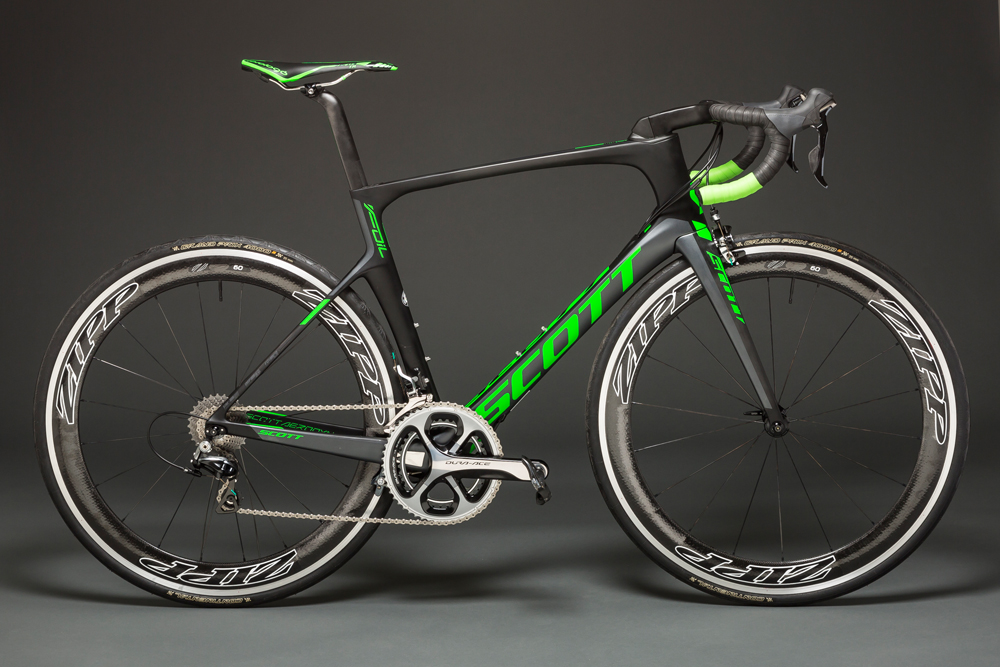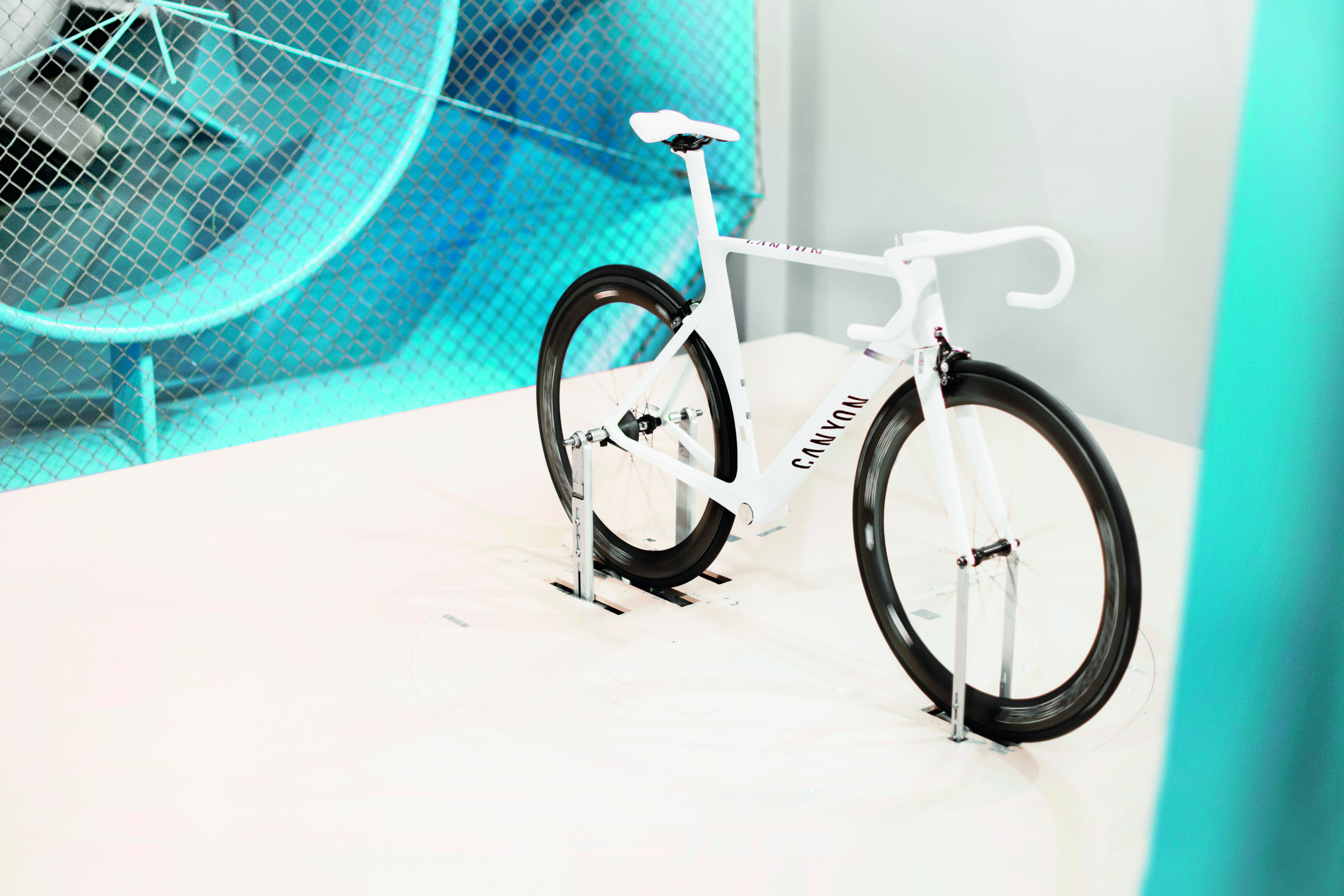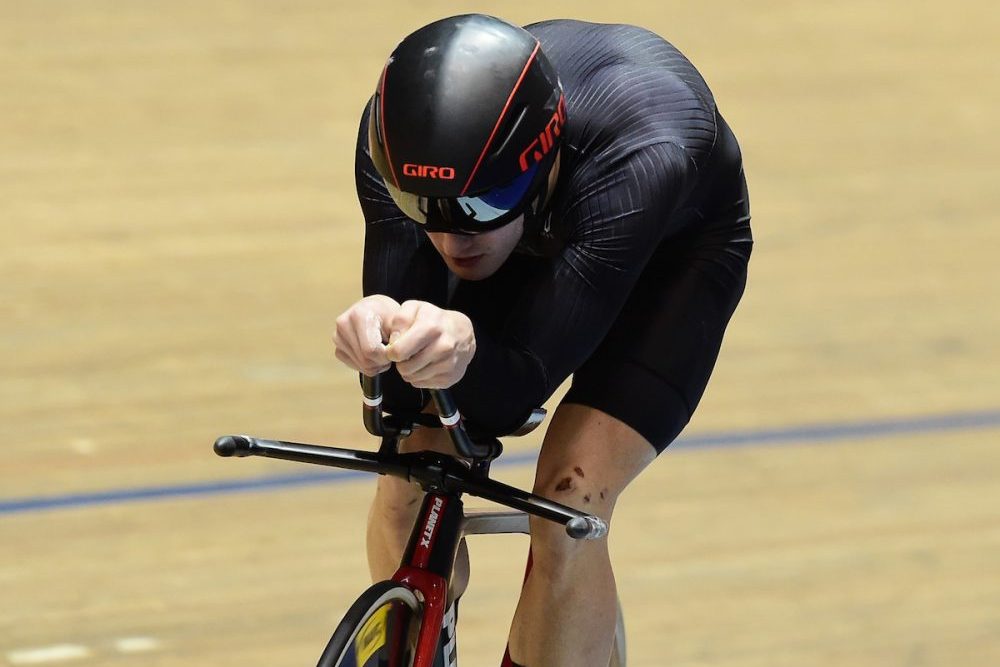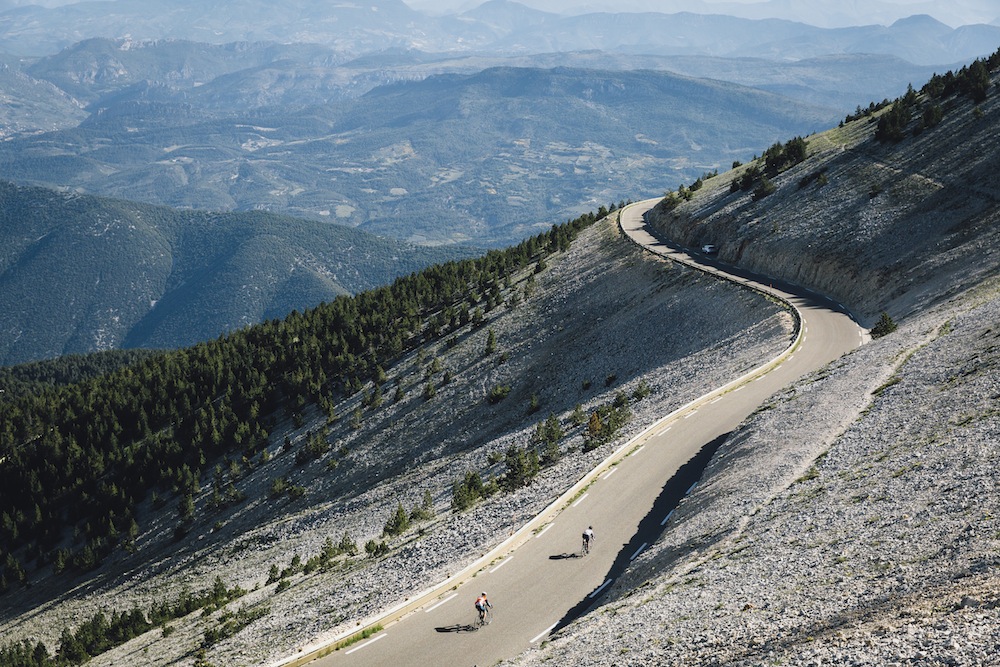At what point does aero become more significant than weight?
We find out which buying consideration is of most relevance to the everyday cyclist

The latest race content, interviews, features, reviews and expert buying guides, direct to your inbox!
You are now subscribed
Your newsletter sign-up was successful
Should you go for an aero bike or a lightweight bike? Should you ride deep section wheels or lightweight climbing hoops?
Assuming we all want to go as fast as possible, we first need to consider the point at which the advantage of reducing aerodynamic drag begins to beat lighter, less aero equipment.
Jean-Paul Ballard is an aerodynamicist, engineer and co-founder of Swiss Side with over 14 years’ experience as a lead engineer in Formula One teams.
According to Ballard: “Aerodynamic drag becomes the largest resistance a rider must overcome from 15kph onwards.”
Conventional wisdom suggests that if you are undertaking a mountainous event, the biggest gains will be had from the lightest kit possible.
>>> 17 of the best international sportives to ride in 2017
If you ride a gran fondo or hilly sportive and plan to average 25kph, should you be more concerned about aero or weight?
The latest race content, interviews, features, reviews and expert buying guides, direct to your inbox!

Ballard is adamant: “Aerodynamics definitely trump weight at an average speed of 25kph and we can show it clearly.
"At Swiss Side we have developed some very powerful simulation tools for calculating time over any course for any configuration.”
Citing a specific example, Ballard explains:
“We ran a simulation for a 120km ride with 1,000 metres of climbing and an average speed of 25kph. If we take an 80kg rider, on an 8kg bike, we get an average power output of around 150W.
"Now we can compare a five per cent improvement in aerodynamics on the bike with a five per cent reduction of weight from the bike.
>>> Compare these super-lightweight hill-climbers’ bikes
"This comparison represents the typical difference you would see between a lightweight set of climbing wheels with a set of aero wheels.”
Watch now: Aerobike vs Lightweight: the climbing test
So which configuration saves more time on this course for this rider?
The five per cent aero improvement saves 3min 30sec; the five per cent weight improvement saves 20 seconds.
Pursuit champion Dan Bigham has also worked as an engineer in Formula One and has used his expertise to help win national track titles.
>>> Katie Archibald and Daniel Bigham conclude domination of Track National Champs
He attests: “Aero matters even more to amateur riders at modest speeds, because although their speed and drag is less in absolute terms they will save more time because they are slower and on the course longer.”

Is there any situation in which a lightweight bike is a better choice? According to Ballard:
“In all cases except a mountaintop finish and an uphill time trial, the aero bike will always be the faster choice.
"Even when drafting in the peloton, the drag reduction is still measurable and important.”
To contextualise this, Ballard suggests that for pro riders, “The average gradient of the entire course where weight becomes more important than aerodynamics is 7.5 per cent.”
For an amateur, “It lies around 4.5 per cent because they are slower.”

These are generalisations and the exact numbers will depend on the individual, but in essence all the evidence suggests that you have to be doing an uphill time trial or a summit finish to justify opting for the lightweight, non-aerodynamic bike set-up.
>>> Canyon enters lightweight arms race with 4.85kg Ultimate CF Evo SL
Bigham suggests another scenario where lightweight can triumph:
“If you are an amateur not constrained by the UCI limit, and you can have a 5kg bike, then lightweight could be worth going for, especially if you are not the best descender and the speed at which you descend is not limited by aerodynamics, but skill.”
Oliver Bridgewood - no, Doctor Oliver Bridgewood - is a PhD Chemist who discovered a love of cycling. He enjoys racing time trials, hill climbs, road races and criteriums. During his time at Cycling Weekly, he worked predominantly within the tech team, also utilising his science background to produce insightful fitness articles, before moving to an entirely video-focused role heading up the Cycling Weekly YouTube channel, where his feature-length documentary 'Project 49' was his crowning glory.